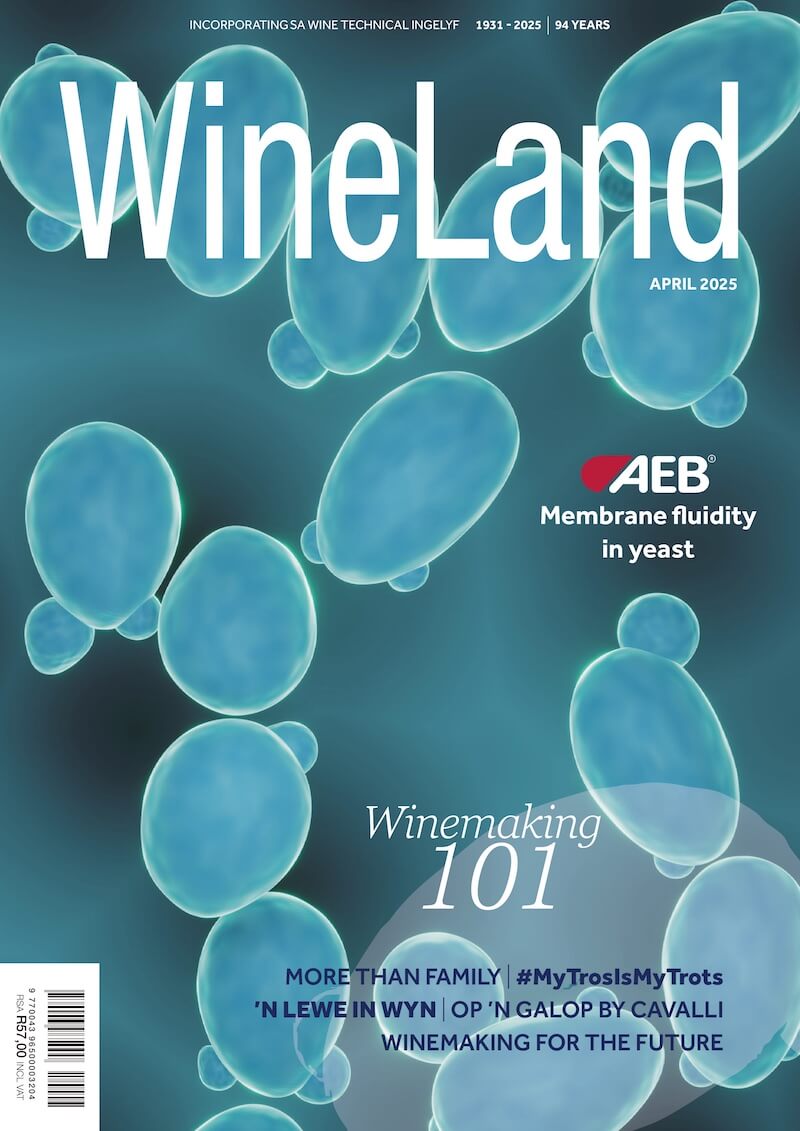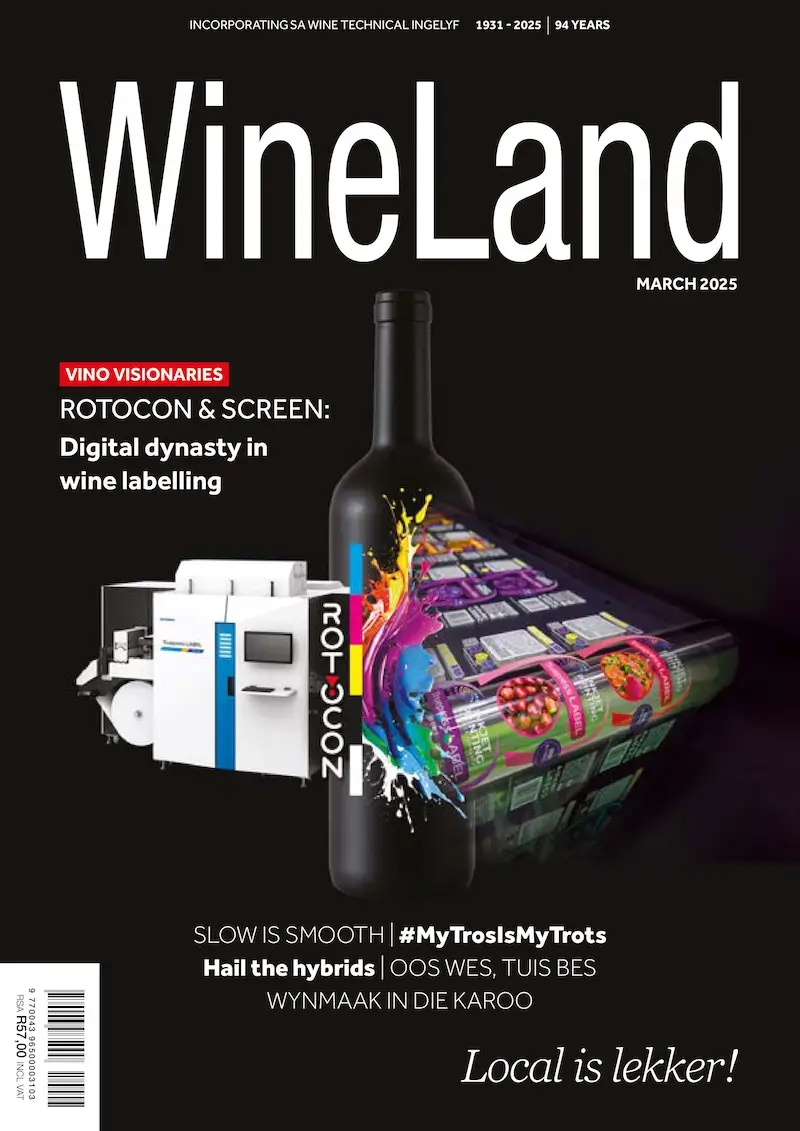
Kachné Ross
Kachné Ross has been appointed as learning and development manager at Winetech. This appointment at Winetech is in line with one of the key focus areas of the Wise initiative and with the support of all role players major difference and growth is expected in the industry.
“Training and educating people is my biggest passion, therefore I see this shoe fitting me very well,” says Kachné on her appointment.
She has completed her BAgric degree in viticulture at Elsenburg College and the year thereafter her BTech degree in Plant Production. She started her career as lecturer in viticulture at Elsenburg College where she worked for six years.
“Among the expectations of a lecturer, councillor to students and responsibility of constant researching and staying on track of what happens in the industry, I thought getting qualified in higher education would be the next best fit. I then enrolled for the MPhil in Higher Education degree at the University of Stellenbosch and completed my theses in 2016.”
Kachné was appointed at VinPro as viticulturist and training officer looking at especially the need for farmworker training. Training and educating farmworkers was a tad bit different than educating a young group of students, but the fact remains that knowledge is being transferred which she loves.
The core function of her new position, however, is to ensure that the industry as a whole understand why education and development is important, put structures in place and emphasise why development and reason for investment through learning is important.
According to her, it is important to understand the reason for human capital development on all levels to have a congruent growth and development structure, why we should focus on industry needs and create opportunities of all NQF levels in the wine value chain to effectively manage careers paths and opportunities in the industry, realise how we can utilise current training providers and institutions who are specialised in topics such as curriculum development, compiling of learning material, facilitation and adult learning, as well as to implement a RPL system especially for people who has been in the industry for years to be recognised and to develop further.
Furthermore she emphasises why we should create opportunities to channel the trained and educated people through, whether it is a farm worker/farm manager/ forklift driver/viticulturist/lab analyst by creating structures for work-place based training and learning, mentoring, coaching etc.
“And of course there are so much more we plan to do and implement. We are positive and look forward to what the industry has to offer and how it has grown into a rich world of potential.”













